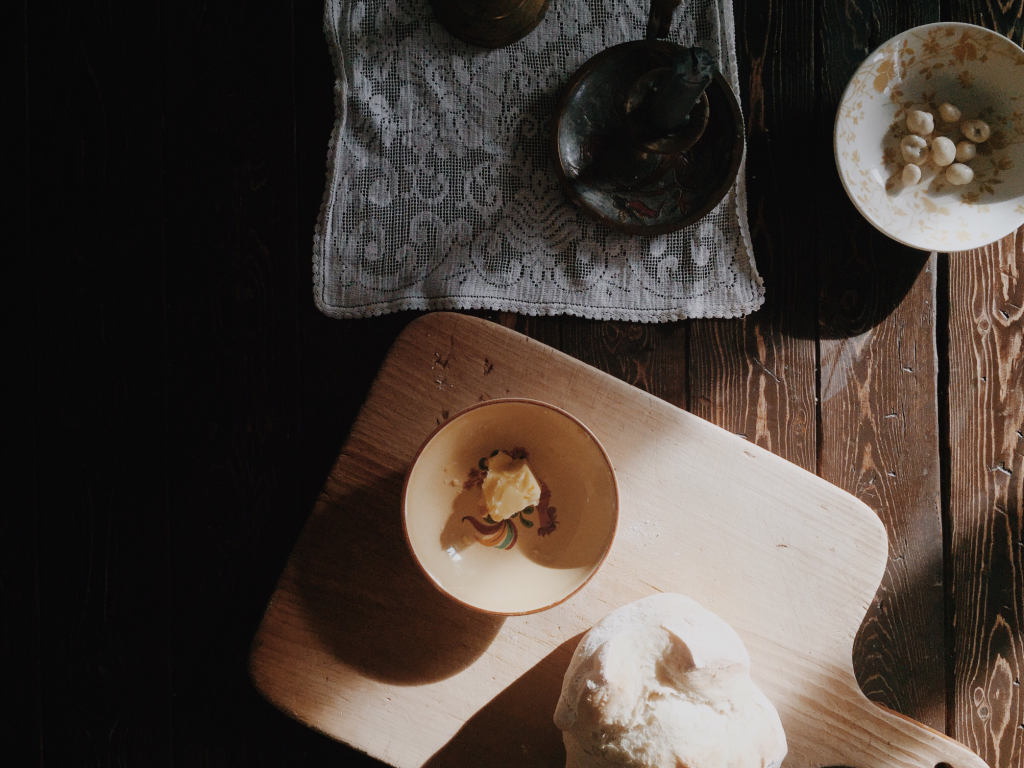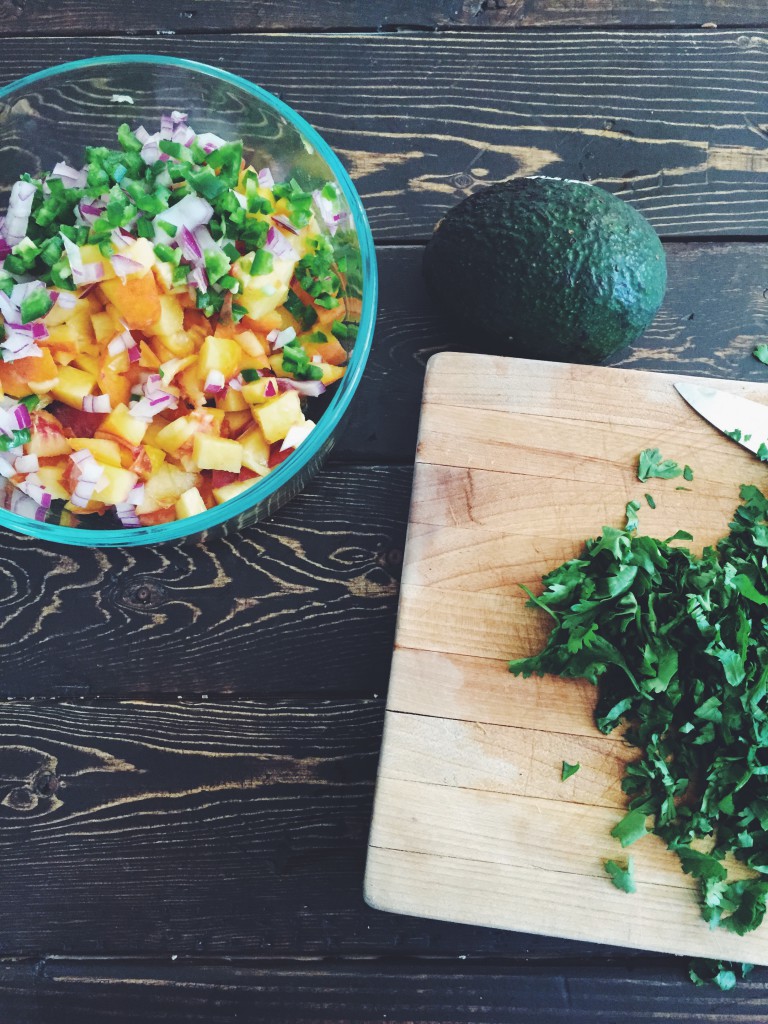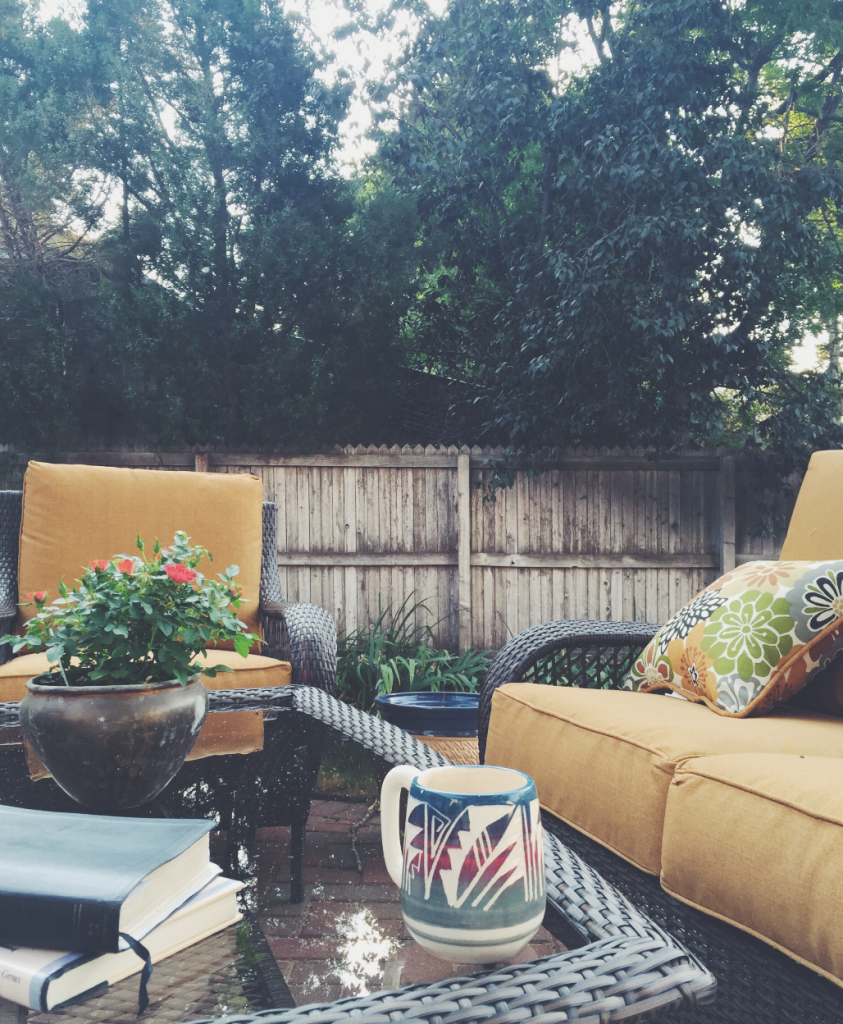These Hibernation Days
I hope your Christmas season has been warm and rich, full of reminders that you're loved and there is so much for you to love. Even in my moments of stark disappointment, when I can easily list out all the ways I've felt overlooked by God or others, I remember, "I have so much and so many to love. Even if [fill in the blank], I have been given much by God to be invested in, to love, to hear, to reconcile, and more."
As we move toward the new year, still plodding through the dark days of winter, I am always reminded of God's good design for winter. The old adage, "Bloom where you're planted," is cute, but nothing blooms all year long. Everything appears to die and some things do die. We know seeds must drop to the ground and die before they can be broken open and begin the process of blooming again. Winter is a fallen seed, before it has sprouted again. It is God's gift to us, to teach us of the value of rest, quiet, hiddenness, and death.
I began the Seven Ways series a few week ago and want to continue today. I said one of the Ways we practice not a work/life balance, but a work/rest model in order to see God as our Creator, Redeemer, and Joy.
So much is said about work/life balances, especially in the career world. Stay at home parents or spouses laugh at that though, because work is life and life is work and there is no easy seamless division for what is work and what is just life. In many ways, this is a gift from God though. Life is toil, even the weekends are, and when we make these clear delineation of the two, we can begin to grow frustrated when our "life" time (or me-time) is infringed on by work. So instead, Nate and I try to talk about our weeks, months, and our year in terms of work/rest.
Work is times of faithfulness, of sometimes going beyond our abilities or preferences to get the job done. To be faithful in small places to provide, prove, refine, care for, and supply. This is most of our week, month, and year. We want to go to bed tired at night, spent from being invested in people, in service, in hospitality, in counsel, in vocation.
Rest is times of knowing God's faithfulness, of seeing the ways our God is our Creator, Redeemer, and our Joy. It is not about us, although it is a gift from God to us. I've written previously about how we practice Sabbath in our home, but this also applies to things like winter or holidays. These are dim days where we feel our frailty and fragility, and where the light of Christ has come and is coming still. These are the days we intentionally step back from much of the daily grind and, instead, look up.
I am just as proficient at naval gazing as the best of them. It is so tempting and easy to look down at myself or at the world and try to dissect all the missing parts or broken places. But to rest, for me, means I pick up my eyes, look up to the hills, and know my Helper comes from above. It means intentionally not fixing what Jesus has left unfixed. It means not rushing to be or do or go or see something. It means taking my hands off what I want to control. All of these ought to be regular practices but, for us, it helps to have a regular day where we remember in startling clarity how far we've wandered. Our Father is our all-sufficient hope, Christ is our all-sufficient sacrifice, and the Spirit is our all-sufficient help. We need a period of time to just remember, reflect, and rejoice in these truths.
We practice our sabbath from sundown Saturday to sundown Sunday. That might not work for you, but find something that does. We take our cue from the natural seasons, too, and rest more in the winter. We hibernate. No human body is capable of doing all we demand of it all year, we must rest. For many, "rest" waits for vacation days. We've spent all of our vacation this year traveling, driving, seeing family, engaging folks we rarely see, and we come home and need a vacation from our vacation. I don't think God designed rest to be like that.
What would rest look like for you if you simply removed your hands from plowing, planting, sowing, harvesting for a bit this winter? What would it look like for you to rest, not so you can prepare to work again soon, but so you can remember you are the seed and not the farmer?














